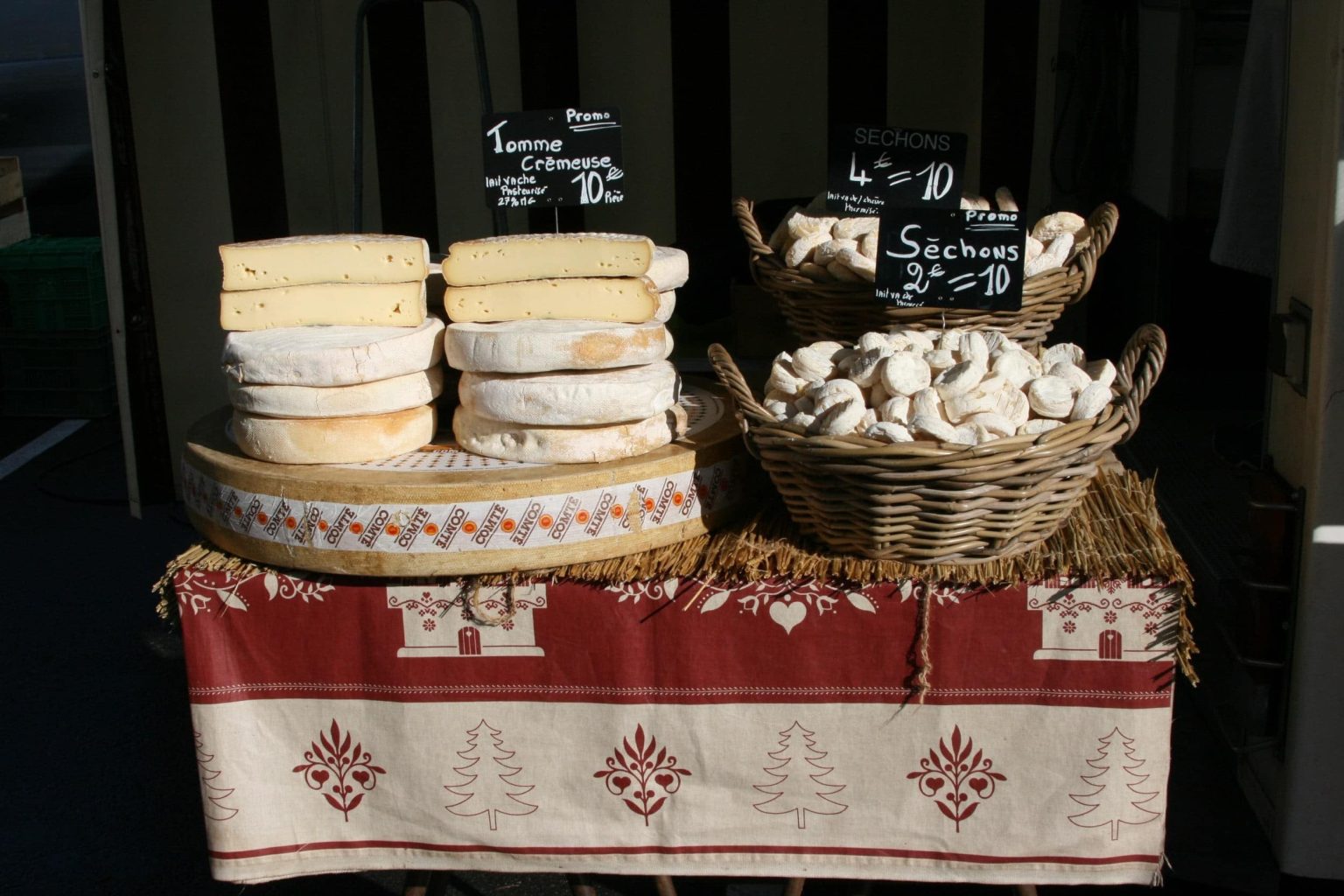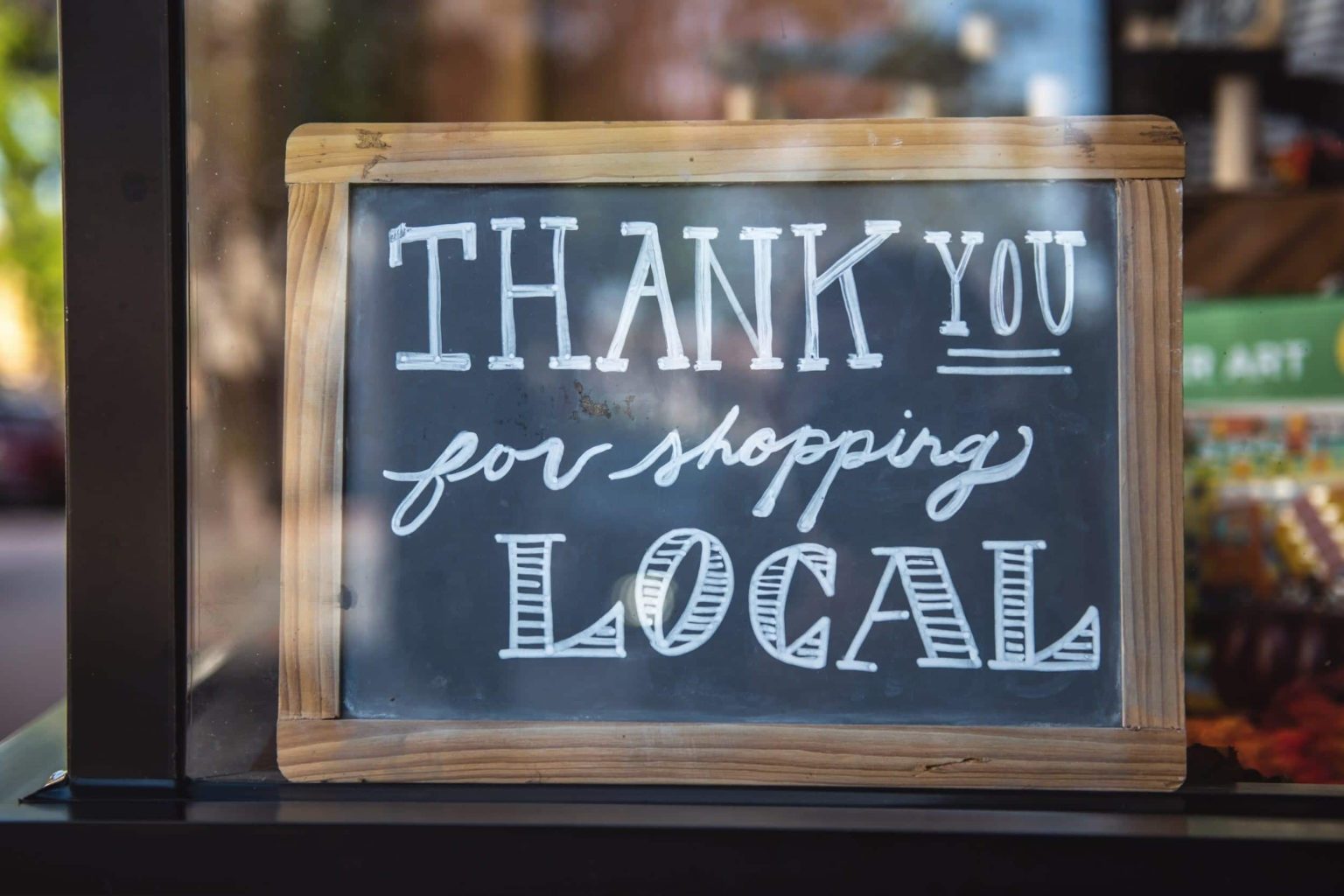
Circular Local Economy
Since Covid-19, the future of small businesses and community vitality has never been more under threat, and it has never been more important to do everything possible to support and energise the local economy.
As well as reducing the environmental impact of our business, at AliKats we want to ensure that we make a genuine difference to local people. We are firm believers that a local circular economy brings more income, wealth and jobs to an area, and will play a big part in sustaining and rebuilding local fortunes after Covid. This is one of the reasons why we are increasing the money we spend locally to buy local food products, including meat, dairy and vegetables, and employ local services and people as much as possible. The next big reason is that buying locally also helps us tread more lightly on the environment and reduces our carbon footprint.
Creating positive impact in the local community
To understand the scope and scale of the benefits of buying locally, it is useful to consider the local multiplier effect, which is the amount of local economic activity triggered by the purchase of any one item. Community economics states that the more a euro circulates in a defined region, and the faster it circulates, the more income, wealth and jobs it creates.
For example when a product is purchased in a locally owned and run shop, a higher proportion of the spend goes directly into the pocket of someone who lives in the community and this then enables them to have more money to spend on other local goods and services. So even though a product from a local source maybe slightly more expensive because it is not mass produced, it is a worthwhile investment in helping the community thrive. For this reason we work with local suppliers to stock our kitchen, build and furnish our chalets, and hire local people to work within our business as much as possible.
Generating employment opportunities
AliKats is a business registered only in France, which means all the taxes that we pay to go into the local community that we live in and benefit from. We believe that creating jobs is a really tangible way to support the local economy. All of our employees are hired through the French employment system.
In addition to this, wherever possible, we try to employ people on permanent year round contracts (as opposed to temporary seasonal ones) so that our employees can put down roots and build their own lives in the local community as well.

Decreasing Food Miles
Keeping money circulating in a local economy is important for environmental reasons too. One of the most crucial ways purchasing local food helps the environment is by reducing food miles. The term “food miles” refers to the distance that food travels to reach local shops. The more food miles used during food transportation, the more fossil fuels are burned, allowing more harmful greenhouse gas emissions to be released into the atmosphere. Imported food at the supermarket often travels thousands of miles by truck and plane to get there. This not only leads to massive fuel consumption and pollution, but also involves the need for facilities such as refrigeration that consumes vast amounts of energy.
Purchasing local food, however, doesn’t require any of this as it involves purchasing goods that have been produced in your local environment. Overall, if we buy local produce and goods, we can cut down on our food miles and reduce our greenhouse gas emissions significantly.
When buying local and in-season foods, fewer resources are used in their production, storage and transportation and the food is fresher when it reaches our chalets – this also means it tastes better too! The same can be said for buying local non-food products and services, the supply chain is shortened thus reducing the carbon footprint of the associated transport requirements.
Protecting Local Farmland
Buying local food helps protect the mountain pastures, farmland and wildlife of our beautiful Haute Savoie region. By purchasing local products at fair prices, we are supporting local farmers and helping them successfully operate their business. When farmers are compensated well for their products, they are less likely to sell their land, which would often be redeveloped for industrial or commercial use. These uses would release significantly more greenhouse gas emissions than farming does and would further eliminate the habitats of local wildlife.


